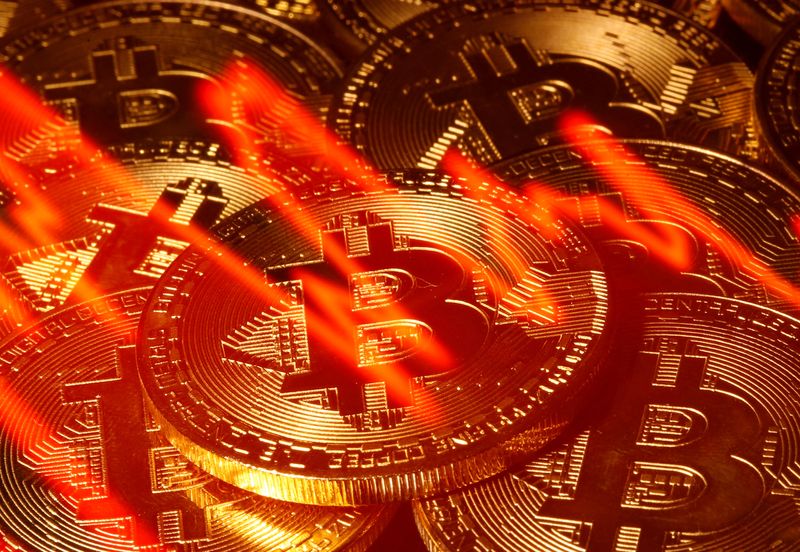No Bitcoin (BTC) Left? Exchange Reserves Print New Low Amid Market Rally
U.Today - The quantity of Bitcoin available for trading has been steadily declining, as evidenced by the recent record lows reached by exchange reserves on all major exchanges. When combined with a notable price increase, this pattern points to a developing shortage that may aggravate price fluctuations.
Reduced exchange reserves generally indicate longer-term holding sentiment, which is bullish as more investors are withdrawing their holdings from exchanges. The graph of exchange reserves shows a consistent decline since the beginning of 2022, suggesting that Bitcoin is being kept in private wallets more often than it is being made available for trading.
A supply squeeze brought on by this ongoing decline in liquidity, especially during times of high demand, may cause prices to rise. Bitcoin's last all-time high was $73,679, and since its reserves are still running low, there may be a chance for it to reach that level again. The Bitcoin price chart also shows levels of support and resistance as of right now. The recent surge of Bitcoin above $72,000 is noteworthy and suggests that, should the current momentum continue, the price may continue to rise toward its all-time high.
The psychological threshold of $75,000 is the main obstacle to watch. Depending on the momentum if Bitcoin breaks through this barrier, the next targets could easily approach $80,000 or higher. In the event of a pullback, the $66,000 level serves as a strong cushion on the support side. Bulls would need to defend this level in order to keep the upward momentum going.
Any increased buying pressure from institutions or individual investors could raise the price of Bitcoin in a market with limited supply, especially since reserves are reaching all-time lows. In conclusion, a supply squeeze is likely to occur due to Bitcoin's declining exchange reserves and strong demand, which could force the cryptocurrency to test past highs and establish new ones. Investors will keep a close eye on how these factors affect Bitcoin's trajectory as it gets closer to its historical highs.
Source: Investing.com
